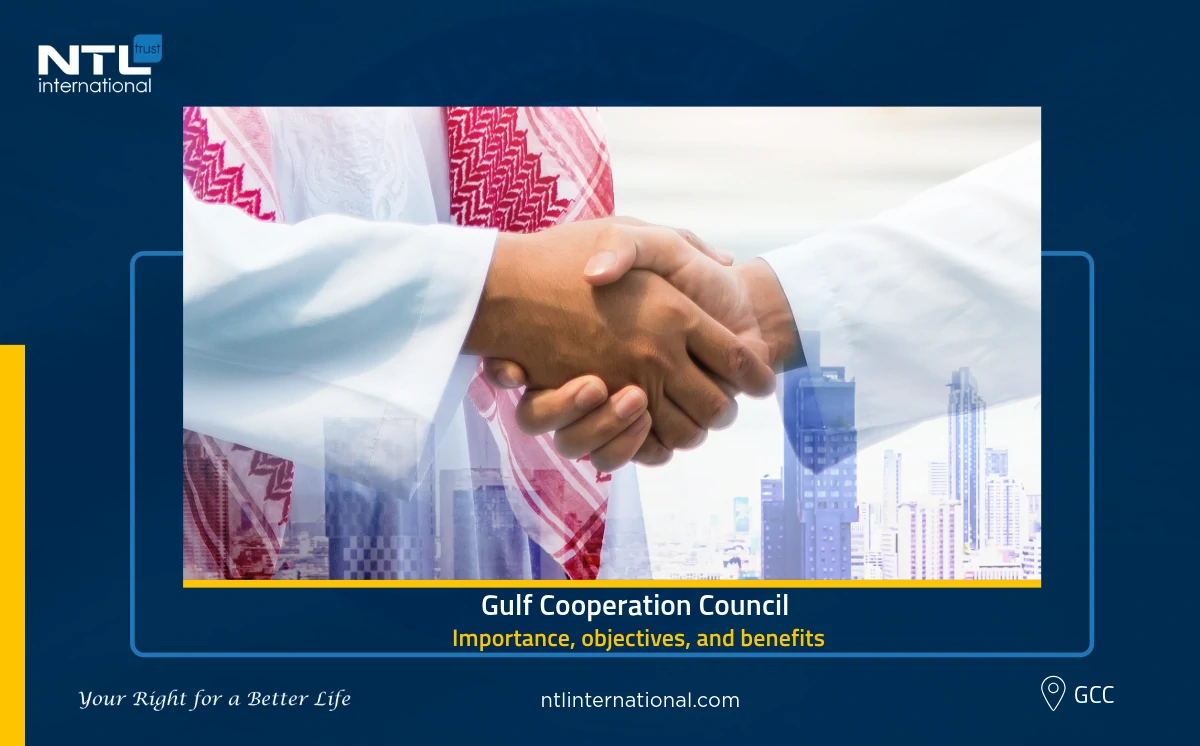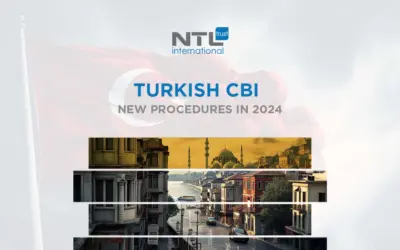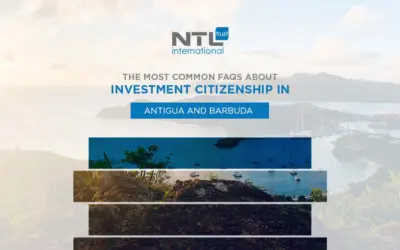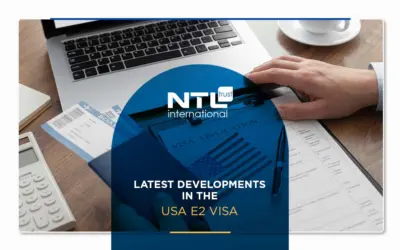
Investment opportunities are increasing as countries develop and their economies grow. In recent years, we have witnessed economic development and the provision of investment opportunities in many Gulf Cooperation Council (GCC) countries, starting with the UAE, which offers various types of support to attract investors, and extending to Saudi Arabia, which is striving to be at the forefront of this investment competition.
What is the Gulf Cooperation Council (GCC) and When Was It Established?
The GCC is a regional organization consisting of six Arab countries located in the Arabian Gulf region. It was established on May 25, 1981, to enhance cooperation and integration among its member states in various economic, political, security, and cultural fields. The member states of the GCC are Saudi Arabia, the United Arab Emirates, Kuwait, Qatar, Bahrain, and Oman.
Importance of the Gulf Cooperation Council:
The Gulf Cooperation Council holds significant importance both regionally and internationally. Economically, it represents a unified market comprising over 54 million people, opening up vast investment opportunities for foreign and local investors. Politically, the GCC seeks to enhance stability and security in the region, which contributes to attracting investments and stimulating economic growth. Socially, the council works to strengthen cultural and social ties among the peoples of the member states, thereby enhancing the unity and integration of the region.
Objectives of the Gulf Cooperation Council:
The GCC promotes cooperation and integration among its member states across all fields. Some of its key objectives include:
- Economic Integration: Creating a common market and unifying economic and financial policies.
- Security Cooperation: Strengthening collaboration to address common security challenges.
- Sustainable Development: Enhancing cooperation in areas such as environmental protection, renewable energy, education, and healthcare.
- Enhancing Foreign Relations: Strengthening external relations with countries and international organizations, contributing to the achievement of the member states’ interests on the global stage.
Benefits of the Gulf Cooperation Council:
The GCC offers numerous benefits to investors and those who obtain citizenship or investment residency. Among the most notable benefits are:
- Unified Market: Access to a common market with over 54 million people opens up vast trade and investment opportunities.
- Stable Investment Environment: Political and security stability in the region, making it an attractive destination for foreign investments.
- Unified Policies: Harmonized economic and trade policies among member states, facilitating trade and investment activities.
- Developed Infrastructure: The member states boast advanced infrastructure in transportation, communications, and energy, supporting commercial and investment activities.
Member States of the Gulf Cooperation Council:
The Gulf Cooperation Council is composed of six member states:
- Saudi Arabia
- United Arab Emirates
- Kuwait
- Qatar
- Bahrain
- Oman
FAQs:
Is there a special visa for the Gulf Cooperation Council?
Yes, it was announced during the 2023 Gulf Summit that a visa similar to the Schengen visa in the European Union would be introduced.
When will the GCC visa be implemented?
There is no official date yet to implement this visa, but it is expected to come into effect at the beginning of 2025.
The GCC is a significant entity that offers numerous investment and business opportunities for investors and those who obtain citizenship or investment residency. Thanks to the political and security stability and economic integration among the member states, investors can benefit from a favorable investment environment and ample growth opportunities. The GCC visa is expected to provide many facilitation measures, which we will update you on as soon as they become available through the NTL website.
Dominica suspends CBI applications for Yemenis starting January 19, 2024
The CBI Unit in Dominica announces on January 15, 2024, the decision of The Government of Dominica to suspend all CBI applications for Yemenis
Turkish Citizenship by Investment: New Procedures in 2024
Turkish Citizenship by Investment: New Process in 2024
Life in Saint Lucia
Life in Saint Lucia is a great chance to discover it.
What are the most common FAQs about Citizenship by Investment in Antigua and Barbuda?
FAQs about Citizenship by Investment in Antigua and Barbuda Program.
Latest developments in the USA E2 Visa
The USA E2 Visa is a non-immigrant visa that allows individuals from certain treaty countries to enter the United States for specific business-related purposes.





